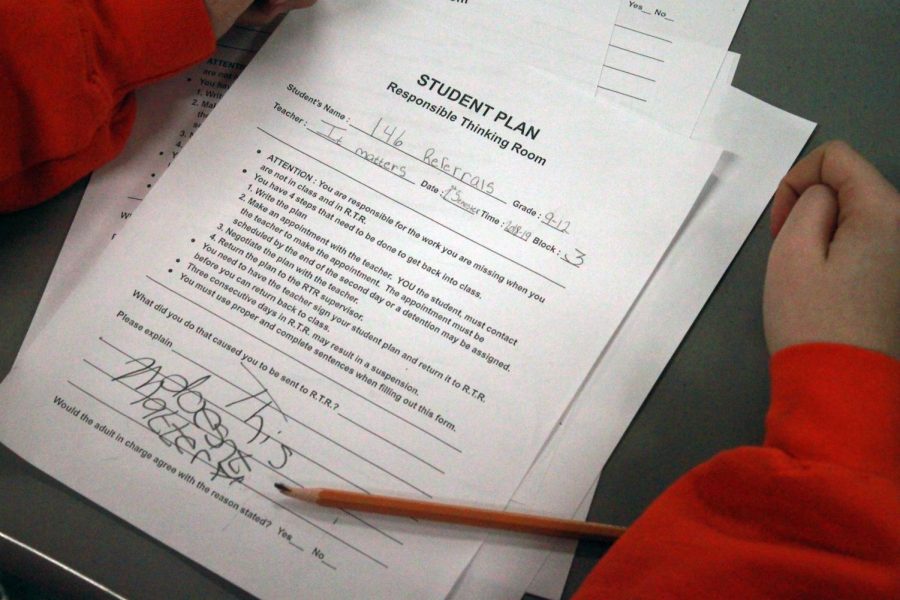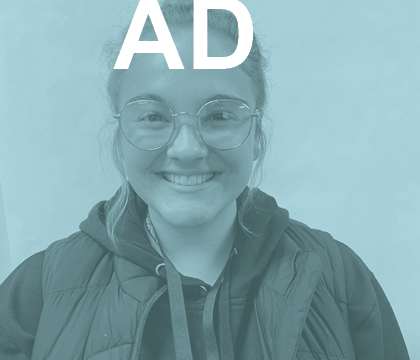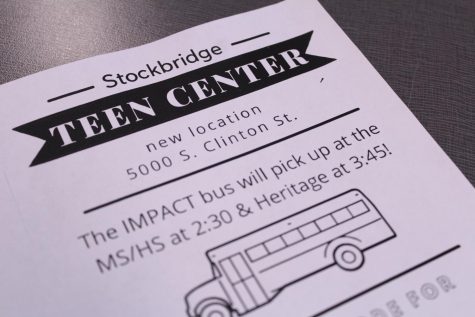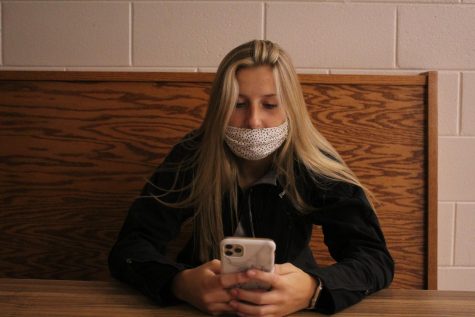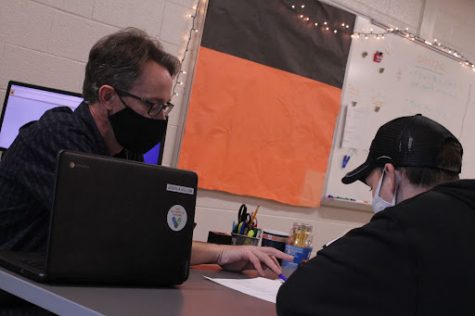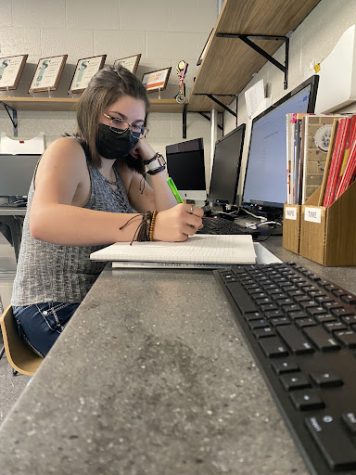Restorative Justice becomes the new RTR
On a typical Wednesday during third block, 16-year-old Nathan McDaniel could be found in RTR rather than in his science class.
“I didn’t learn anything. When I came back from being suspended, I became defiant and it even affected my mental health,” McDaniel said. “They called it a ‘rehabilitation.’ It was in ways, but not the ways that the staff liked.”
McDaniel thinks that nothing change with RTR, or the Responsible Thinking Room, not his attitude, nor attendance nor willingness to work. Nothing would help.
Administrators are trying to fix this type of student response by implementing a program called Restorative Justice which allows the community and members in the school to get involved in helping bring effective and positive reinforcements to teach students and staff that there are multiple ways to see results in discipline according to the program.
RTR has not been a problem, per say, for just Stockbridge, but for other local schools. Bloomfield High School administrators enforce restorative justice with a trainer named Margaret Schultz, who is also a certified trainer with the International Institute for Restorative Practices.
“I wasn’t helping them by suspending them. I wasn’t helping kids succeed,” Schultz said of Bloomfield’s program prior to the switch.
Inspired by this approach, the Responsible Thinking Room is getting a revamp to make it more effective and teach students self respect for others and themselves. Whether it is for disciplinary actions or for quiet study, knowing the difference will make an impact in which students’ perceptions will change.
“You are basing that off of people that you know,” principal Jeffrey Trapp said.
He, the jr. high principal Megan Kunzelman, and RTR advocate Karen Bradford expect to improve the way everyone sees RTR.
Currently and deliberately, a trip to RTR is seen as an easy way back to class, nonchalantly thinking about what students did wrong or how they could improve their behavior.
“RTR sucks. You aren’t getting your work done and there is no one there to help you,” McDaniel said about the current situation.
Disrespect. Insubordination. Acting out. Learning. Which of these things is not like the other? Principal Trapp thinks that “specific learning modules” that offenders complete will help visitors restore their ability to learn and understand unwanted behaviors. The learning module should be completed “before they are likely to get back in the class,” Trapp said. The point is to learn.
By incorporating these modules, teens will understand how to gain self control and more understanding of how to handle certain situations in and out of the classroom.
For example, anger management in the classroom or mindfulness of others feelings, can be avoided given the tools for more self talk and coping skills.
Sometimes, the issues become prominent because of environments like home life, or even days of the week like the beginnings coming off a weekend.
“I would say, on average, the RTR referrals per day is probably less than five. We see cycles with things, days of the week, stuff that we take a look at,” Trapp said.
In the first semester of the 2017-18 school year, 246 RTR referrals were issued and of 24 of them were for test takers. Then, in the first semester of the 2018-19 school year, there were 146 RTR referrals with 15 test takers.
By keeping track of data that coincides with days of the week, self care and other indicators, the staff will be better equipped to help adolescents with critical thinking and problem solving.
“It impacts everyone in the community,” Schultz said. “Eighty percent proactive and the other 20 percent reactive the restorative justice.” Restorative is the discipline part.
This is to ensure and “help build community in the classroom.” Doing this you attribute will have a village raising a child,” according to Schultz.
If students aren’t learning then the repercussions aren’t sticking.
Trapp plans to incorporate restorative justice and social-emotional learning online education into the RTR experience.
“School psychologists, guidance counselors, nutritionists, therapists, classroom teachers and administrators,” all had a hand in developing this program, according to Michigan Virtual University.
“We do have talks, and we do discuss things,” Bradford said. “I try not to make them feel bad about themselves or for what they did. I try to make them just understand that, possibly, you could have just handled it a little differently.” If visitors to RTR understand this message, Bradford thinks “it would have been a win for everybody.”



